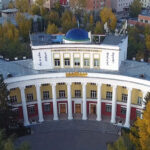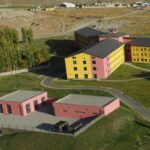Our Team
Our team is made up of UK, Japan, Mongolia, and Kyrgyzstan-based academics. Click below to read more about our team members.

UK

Japan

Mongolia

Our team is made up of UK, Japan, Mongolia, and Kyrgyzstan-based academics. Click below to read more about our team members.



